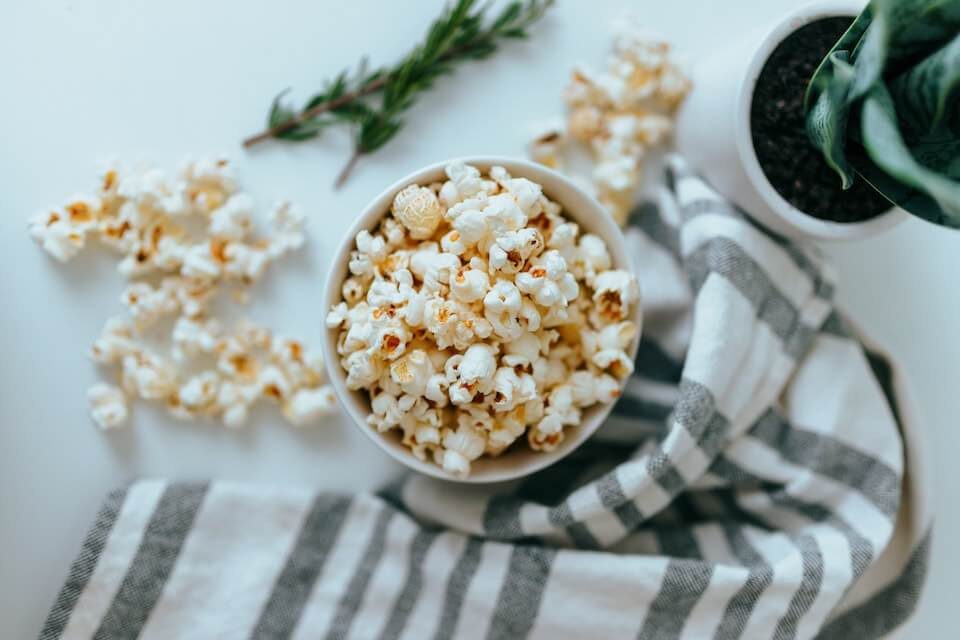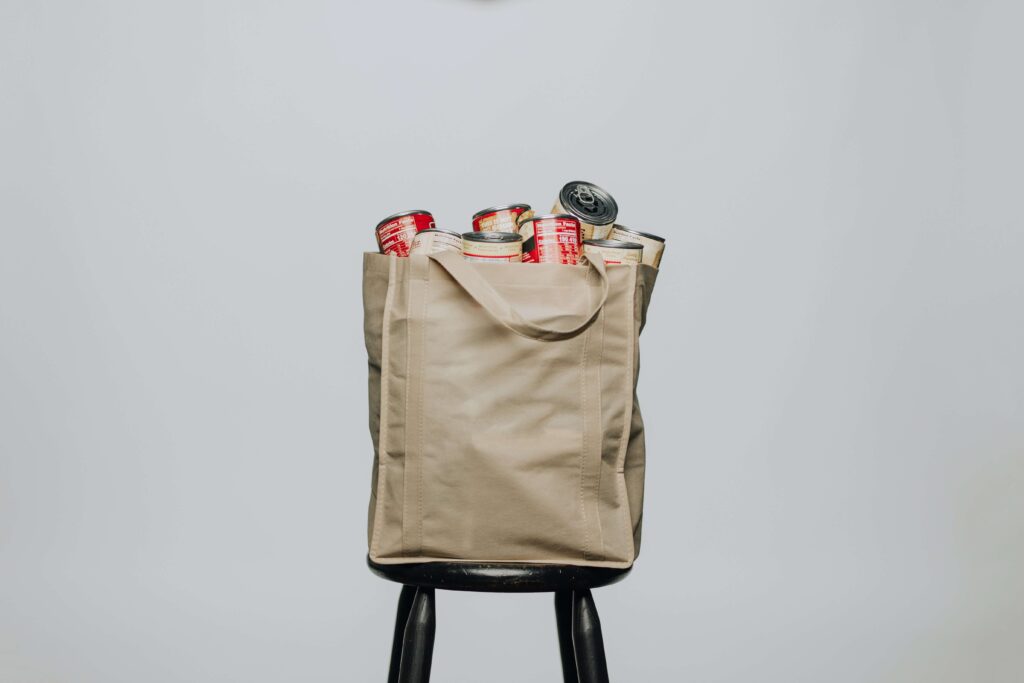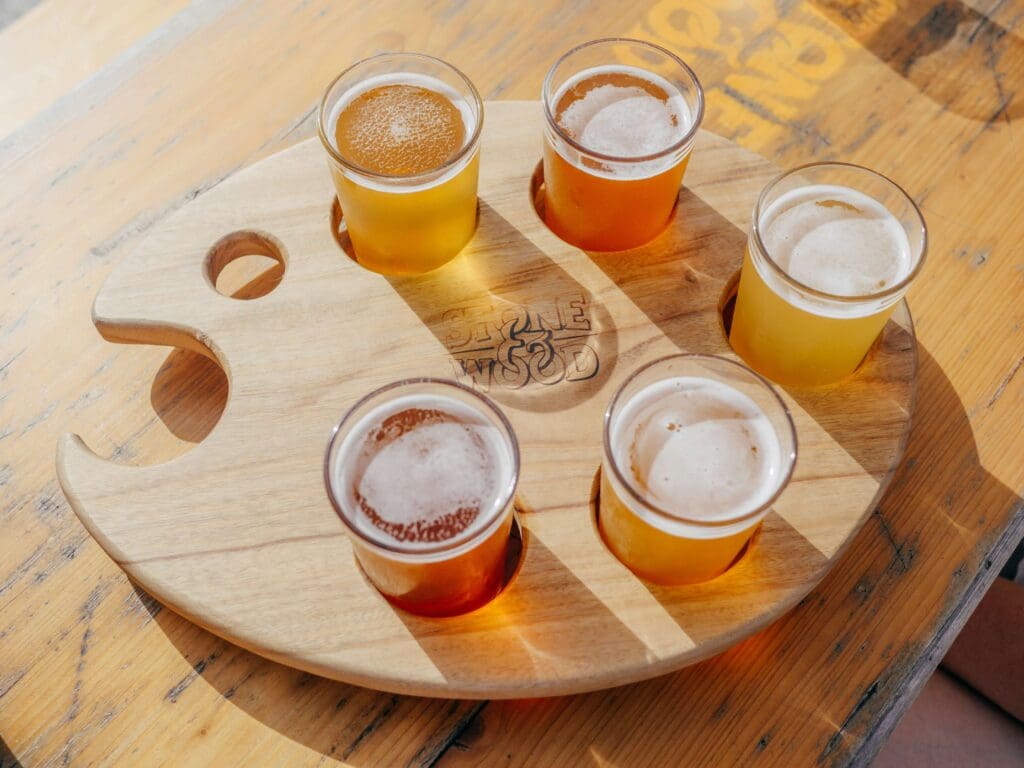When it comes to cancer prevention and post-diagnosis lifestyle changes, understanding which foods and products may increase or decrease your cancer risk is crucial. Below, we dive into the safety of various items and explain why they are considered safe or unsafe, along with recommendations for cancer survivors on incorporating or avoiding them in their lives.
1. Microwave Popcorn: Safe

Why It’s Safe: Microwave popcorn itself does not pose a cancer risk. Concerns have been raised in the past about chemicals such as perfluorooctanoic acid (PFOA) used in the lining of popcorn bags, which were linked to cancer. However, most manufacturers have eliminated these chemicals from their products, ensuring that microwave popcorn remains a safe snack option.
Recommendation: Cancer survivors can enjoy microwave popcorn in moderation. Look for brands that specify they are free of PFOAs and other harmful chemicals. To further reduce any potential risks, consider air-popping your own popcorn and seasoning it with healthy toppings.
2. Microwaves: Safe

Why It’s Safe: Microwaves emit non-ionizing radiation, which does not damage DNA in human cells. This type of radiation is not known to increase cancer risk. The food heated in microwaves does not become radioactive, and the cooking process is safe when used according to the manufacturer’s instructions.
Recommendation: Using a microwave for cooking or heating food is safe for cancer survivors. Ensure that your microwave is in good working condition, and avoid standing directly in front of it while in use to minimize exposure to any leaking radiation, which is extremely low and not harmful.
3. Beef Jerky: Not Safe

Why It’s Not Safe: Beef jerky is classified as a processed meat, which the World Health Organization has identified as a Group 1 carcinogen. This classification is due to the presence of preservatives such as nitrates and nitrites, as well as high sodium content. These substances can form carcinogenic compounds like nitrosamines during the cooking and processing stages, increasing the risk of colorectal cancer.
Recommendation: Cancer survivors should minimize or avoid consumption of beef jerky and other processed meats. Opt for fresh, unprocessed meats and incorporate more plant-based proteins into your diet, such as beans, lentils, and tofu.
4. Chomps: Not Safe
Why It’s Not Safe: Chomps meat sticks are another form of processed meat. Similar to beef jerky, they contain preservatives and high sodium levels, which can contribute to the formation of carcinogenic compounds. Regular consumption of processed meats has been linked to an increased risk of colorectal and other types of cancer.
Recommendation: Avoid Chomps and other similar processed meat snacks. Instead, choose healthier, whole-food snack options like nuts, seeds, or fresh fruits and vegetables. These alternatives provide essential nutrients and are not associated with cancer risks.
5. Diet Soda: Safe

Why It’s Safe: The primary concern with diet soda is the use of artificial sweeteners. Extensive research and reviews by regulatory agencies like the FDA have concluded that artificial sweeteners, when consumed within acceptable daily intake levels, do not significantly increase cancer risk. Studies on common sweeteners like aspartame and sucralose have not found conclusive evidence linking them to cancer.
Recommendation: Cancer survivors can consume diet soda in moderation. However, it’s advisable to prioritize water and herbal teas to ensure a healthy and balanced diet.
6. Artificial Sweeteners: Safe

Why It’s Safe: Most artificial sweeteners have been extensively studied and deemed safe by health authorities. There is no conclusive evidence linking them to cancer when used within acceptable daily intake levels. Regulatory agencies such as the FDA and EFSA have approved these sweeteners as safe for consumption.
Recommendation: Artificial sweeteners can be used as a sugar alternative by cancer survivors, but moderation is key. 0 calorie sweeteners can be used to reduce your intake of added sugars. They help to provide options, but they are not contributing beneficial nutrients. Focus on mostly consuming a diet rich in whole foods.
7. Grilling Meats: Not Safe

Why It’s Not Safe: Grilling meats at high temperatures can produce carcinogenic compounds such as heterocyclic amines (HCAs) and polycyclic aromatic hydrocarbons (PAHs). HCAs and PAHs form when meat is cooked at high temperatures, especially over an open flame. These compounds have been linked to an increased risk of cancer, particularly colorectal, pancreatic, and prostate cancer.
Recommendation: Cancer survivors should reduce the frequency of grilled meat consumption. When grilling, marinate meats beforehand to reduce HCA formation, cook at lower temperatures, and avoid charring the meat. Consider grilling vegetables and plant-based proteins instead, as they do not produce the same harmful compounds. Additionally, using a charcoal grill over a propane grill may be a better option since charcoal grilling tends to cook meat faster and at lower temperatures, potentially reducing the formation of HCAs and PAHs. However, keep the cooking time as short as possible to further minimize risk.
8. Black Stones: Safe
Why It’s Safe: Black stones, often used for grilling or as decorative items, do not emit harmful substances that would increase cancer risk. They are typically made from natural materials like basalt, which are safe for cooking and do not produce carcinogenic compounds.
Recommendation: Cancer survivors can use black stones without concern. They can be a safe addition to cooking techniques or home decor. Ensure stones used for cooking are food-grade and properly maintained to avoid contamination.
9. Kombucha (Trace Alcohol): Possibly Unsafe

Why It’s Possibly Unsafe: Kombucha is a fermented tea known for its health benefits, including probiotics. However, it can contain trace amounts of alcohol due to fermentation. Inconsistent brewing methods can sometimes result in higher alcohol levels, which may pose risks, especially for those who need to avoid alcohol entirely. Alcohol consumption, even in small amounts, has been linked to an increased risk of certain cancers.
Recommendation: Cancer survivors should consume kombucha cautiously. Check labels for alcohol content, and opt for brands with consistent quality control. If concerned, consider other probiotic-rich foods like yogurt, kefir, or fermented vegetables, which do not contain alcohol.
10. Sugar: Safe (in moderation)

Why It’s Safe: Sugar itself does not cause cancer, but excessive consumption can lead to obesity, which is a risk factor for various cancers, including breast, colon, and pancreatic cancer. Maintaining a healthy weight is crucial for cancer prevention and management. Excessive intake sugar may also displace other nutritious foods in the diet, leading to an imbalanced diet.
Recommendation: Cancer survivors can consume sugar in moderation. Focus on a balanced diet with whole foods and limit added sugars. Opt for natural sources of sweetness like fruits when possible since these provide fiber and nutrients that are often missing in high-sugar foods.
11. Soy: Safe (Reduces Cancer Risk)

Why It’s Safe: Soy contains isoflavones, a type of phytoestrogen that can mimic estrogen in the body. Since some breast cancers are estrogen-receptor-positive, there were concerns that soy might increase the risk of breast cancer. However, most studies, especially those conducted in populations with high soy consumption like in Asia, have shown that soy consumption is either neutral or protective against breast cancer. Soy foods like tofu, tempeh, and soy milk are also good sources of protein and other nutrients.
Recommendation: Incorporate soy products into your diet. Cancer survivors can benefit from the potential protective effects of soy. Choose whole soy foods over highly processed soy products, and consume them as part of a balanced diet rich in fruits, vegetables, and whole grains.
12. Canned Foods: Safe

Why It’s Safe: Modern canning processes ensure food safety and preservation. The primary concern with canned foods is the presence of bisphenol A (BPA), a chemical used in can linings that has been linked to health issues, including cancer. However, many manufacturers now offer BPA-free cans to mitigate this risk.
Recommendation: Cancer survivors can include canned foods in their diet but should opt for BPA-free options. Focus on a variety of fresh, frozen, and canned foods to ensure a balanced intake of nutrients. Rinse your canned vegetables and beans to reduce sodium content.
13. Organic/Natural Deli Meats: Not Safe

Why It’s Not Safe: Despite being labeled “organic” or “natural,” these deli meats are still processed and often contain preservatives and sodium. Processed meats have been linked to an increased risk of colorectal cancer, and organic/natural labels do not eliminate these risks.
Recommendation: Avoid organic/natural deli meats and choose fresh, unprocessed protein sources. Prepare meats at home to control ingredients and avoid added preservatives. Incorporate more plant-based proteins into your diet for additional health benefits.
14. 0% Alcohol Beverages: Safe!

Why It’s Safe: These beverages contain no alcohol, eliminating the cancer risks associated with alcohol consumption. Regular alcohol consumption has been linked to an increased risk of several cancers, including breast, liver, and colorectal cancer. 0% alcohol beverages provide a safe alternative.
Recommendation: Cancer survivors can enjoy 0% alcohol beverages without concern. These can be a good substitute for alcoholic drinks and help maintain a healthy lifestyle. Look for beverages that do not contain added sugars or artificial ingredients.
Conclusion
While certain foods have been linked to cancer risks or benefits, it’s essential to approach the topic with a balanced perspective. No single instance of consuming a food or drink can guarantee protection against cancer or definitively cause it. Instead, focusing on a dietary pattern rich in fruits, vegetables, whole grains, and lean proteins, while minimizing ultra-processed foods and unhealthy fats, is the best strategy for long-term health. Remember, lifestyle factors like regular exercise, maintaining a healthy weight, and avoiding smoking or excessive alcohol consumption are also crucial in reducing cancer risk. Ultimately, staying informed and making conscious, healthy choices is key to supporting overall well-being. You’ve got this!
Citations:
- American Cancer Society. (n.d.). Study Finds No Cancer Risk from Microwave Popcorn. Retrieved from American Cancer Society
- National Cancer Institute. (n.d.). Electromagnetic Fields and Cancer. Retrieved from National Cancer Institute
- World Health Organization. (2015). Cancer: Carcinogenicity of the Consumption of Red and Processed Meat. Retrieved from WHO
- U.S. Food and Drug Administration. (n.d.). Additional Information about High-Intensity Sweeteners. Retrieved from FDA
- American Institute for Cancer Research. (n.d.). The Facts on Soy and Cancer Risk. Retrieved from AICR
- Environmental Working Group. (n.d.). BPA in Canned Food: Toxic Legacy. Retrieved from EWG
- Mayo Clinic. (n.d.). Alcohol Use: Weighing Risks and Benefits. Retrieved from Mayo Clinic
- National Cancer Institute. (n.d.). Artificial Sweeteners and Cancer. Retrieved from National Cancer Institute
This blog is not intended as medical nutrition therapy, medical advice, or diagnosis and should in no way replace consultation or recommendation from your medical professional.



